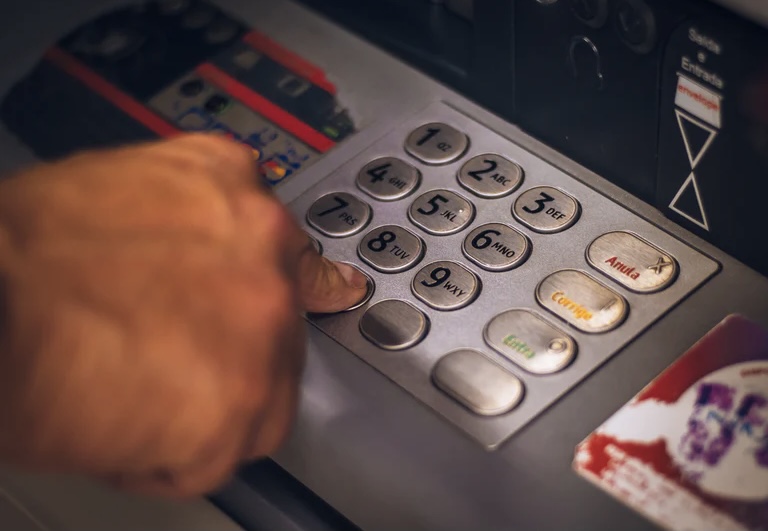
Beneficiary designations take precedence over a last will and testament.
When people think of creating or reviewing an estate plan, they often focus on the last will and testament.
Although this document is certainly important, a narrow focus on a last will can lead to problems.
There are other important aspects of incapacity and estate planning to consider as well.
According to a recent Forbes article titled “Do You Need a Beneficiary for Your Bank Account?,” remembering beneficiary designations is critical.

Some bank accounts allow for the owner to make beneficiary designations.
Various assets are distributed through designations on the accounts themselves.
These include IRAs, life insurance policies, insurance annuities, investment accounts, mutual funds, and pension plans.
Beneficiary designations may also be applied to bank accounts.
Many banks provide this as an option.
If you are interested, the bank may provide you with a form or direct you to complete an online process.
Often, you will have to initiate the assignment of a beneficiary designation to a bank account.
Banks are not required to market this as an option.
Even so, beneficiary designations on bank accounts may benefit your estate plan.
How?
Doing so will allow the funds to bypass probate and be distributed directly to your heirs.
If you choose to distribute this bank accounts through your last will and testament, then such accounts will be included in your estate and pass through probate according to the terms of your last will.
Probate is the legal process whereby a court oversees the settlement of the estate.
Depending on the size of your estate and the complexity of your family circumstances, probate can be long and expensive.
If you choose not to designate a beneficiary, these funds can be used to pay debts of your estate.
If you choose to designate a beneficiary, your heirs will be able to inherit the accounts immediately after showing the bank an original or certified copy of your death certificate and their own valid identification.
Even if you do choose to utilize beneficiary designations on your accounts, you must review and update these regularly as changes inevitably occur in your life and the lives of your beneficiaries.
Remember: beneficiary designations on any given asset take priority over the terms of your last will and testament.
Reference: Forbes (July 9, 2021) “Do You Need a Beneficiary for Your Bank Account?”
REMEMBER: “The choice of a lawyer is an important decision and should not be based solely upon advertisements.”
This statement is required by rule of the Supreme Court of Missouri.
